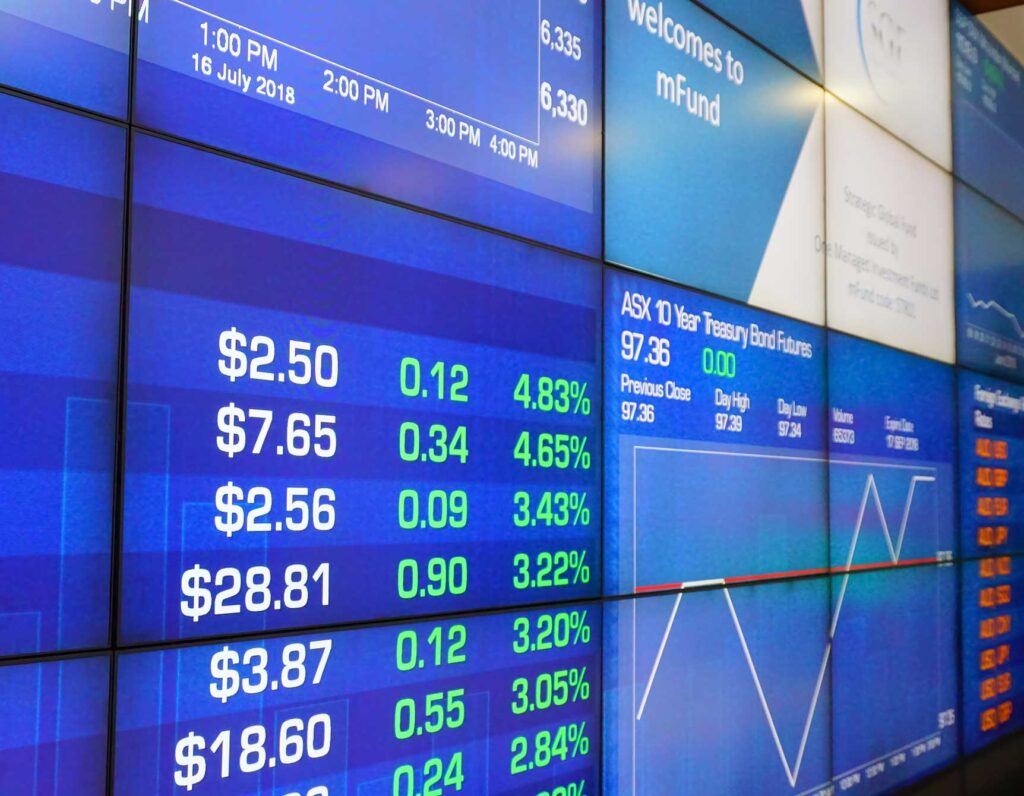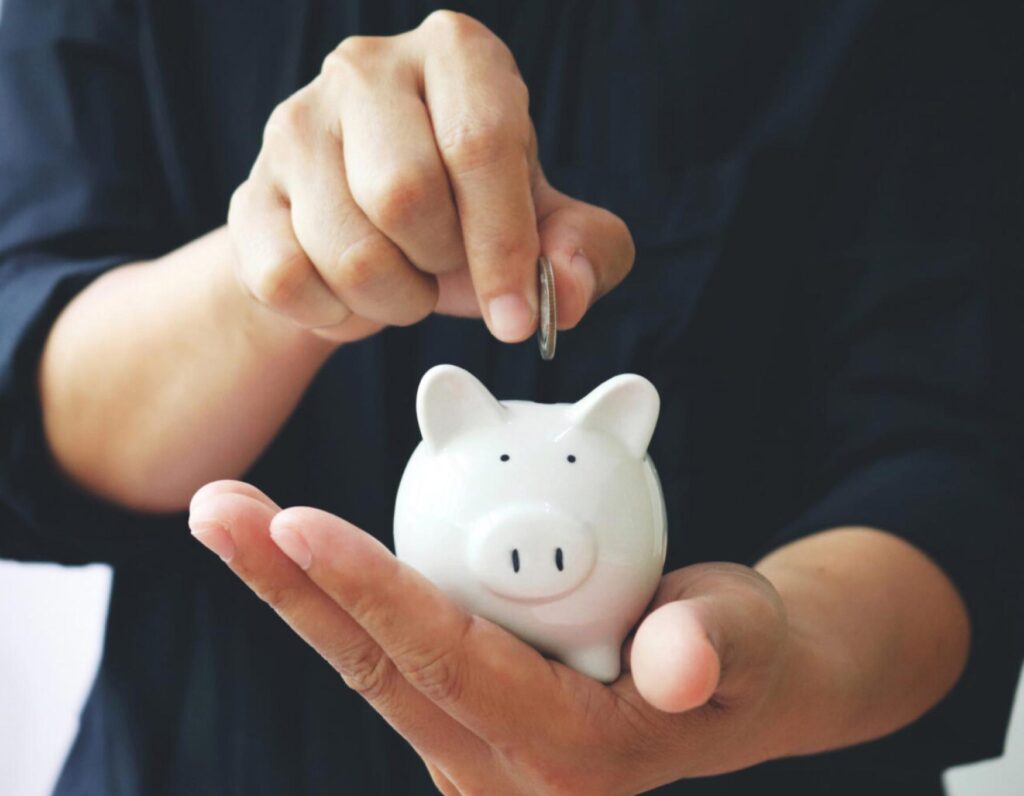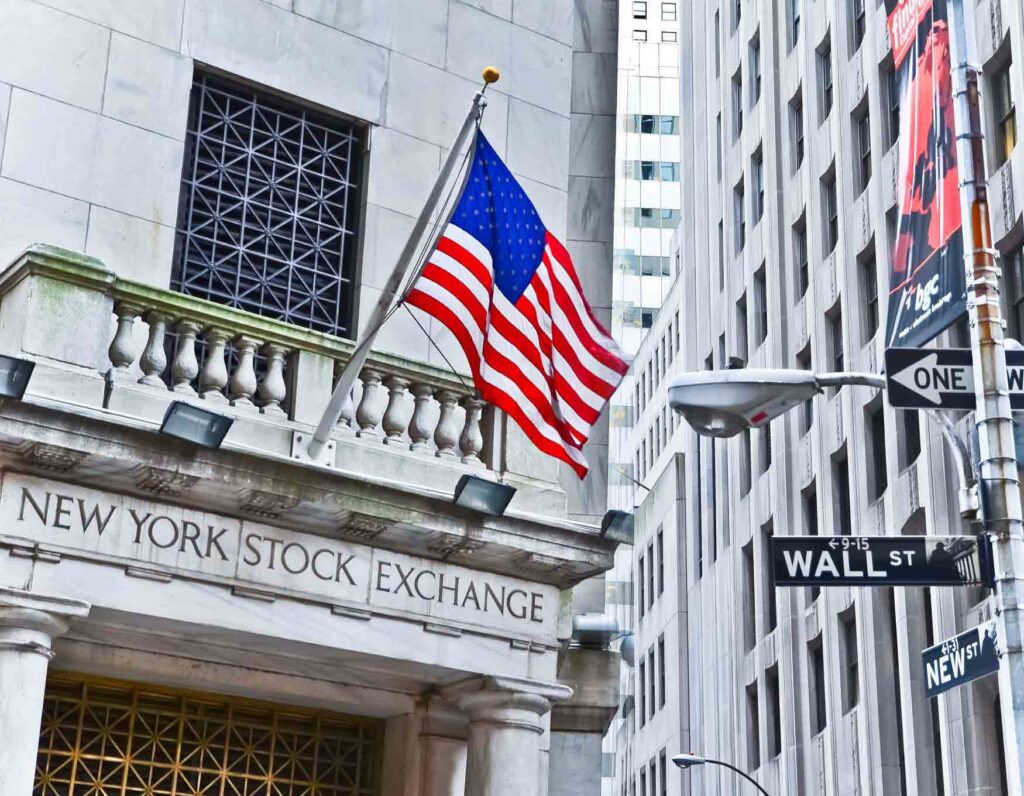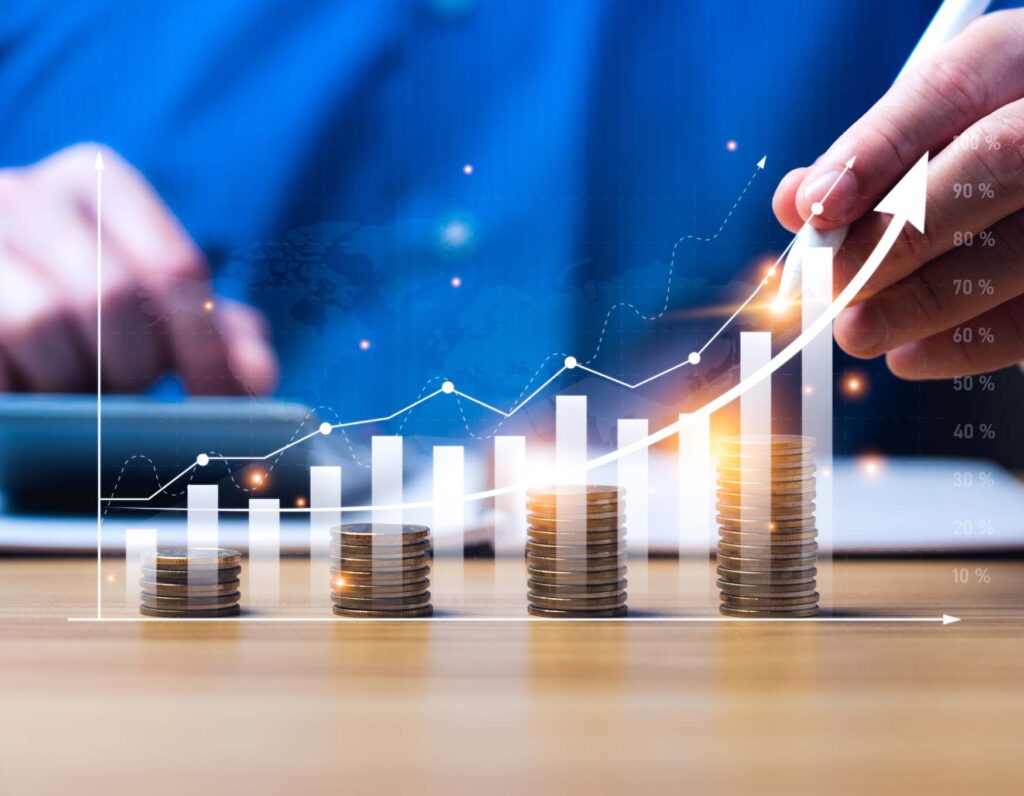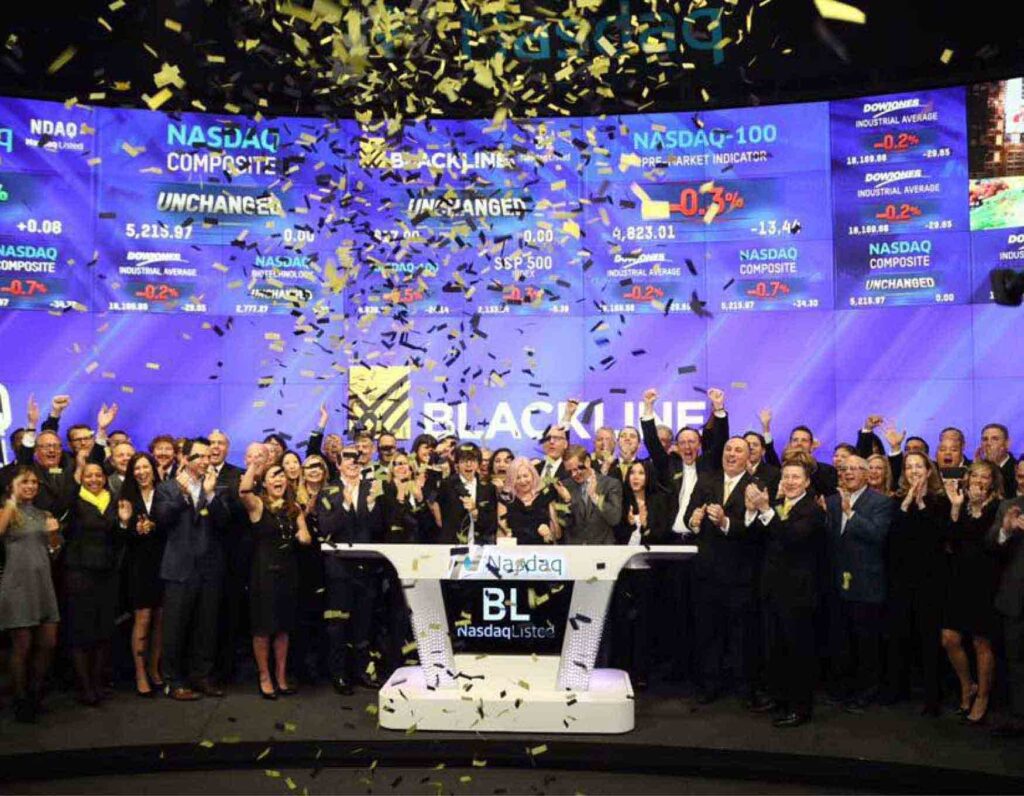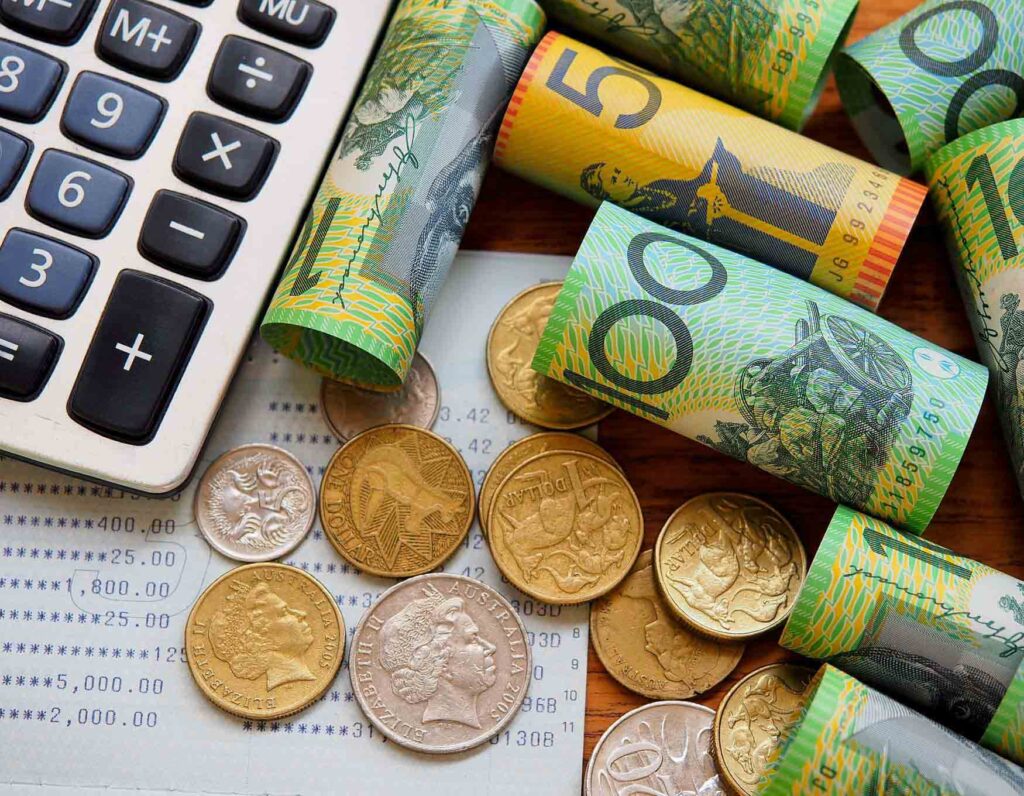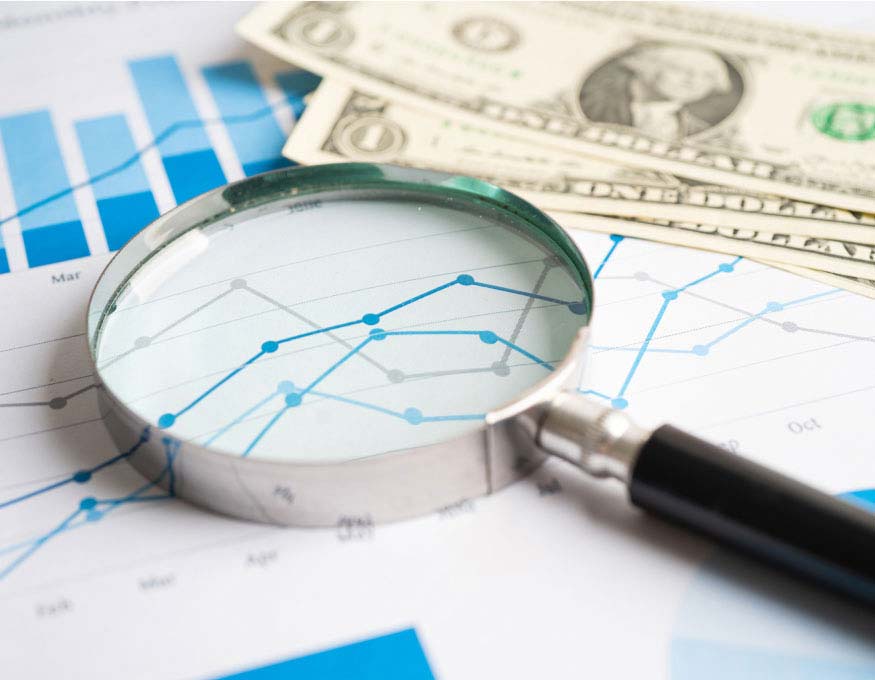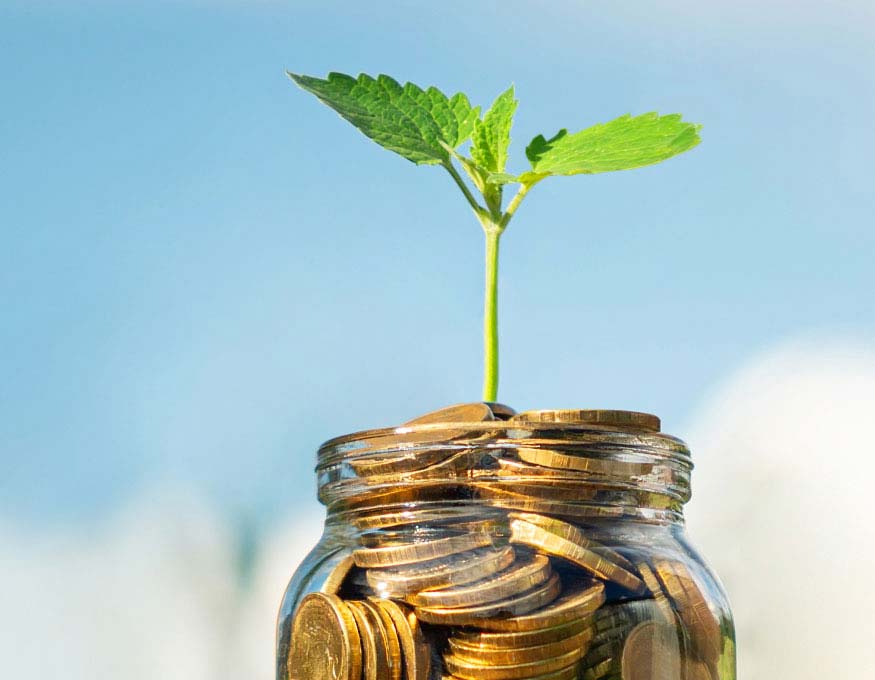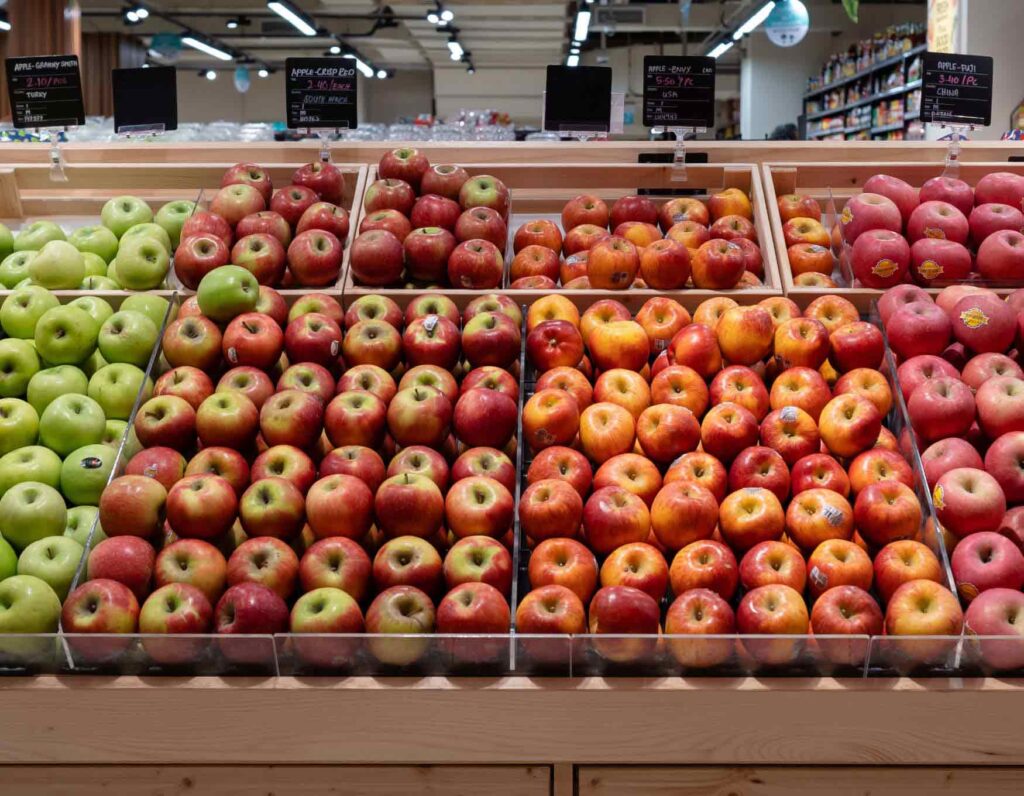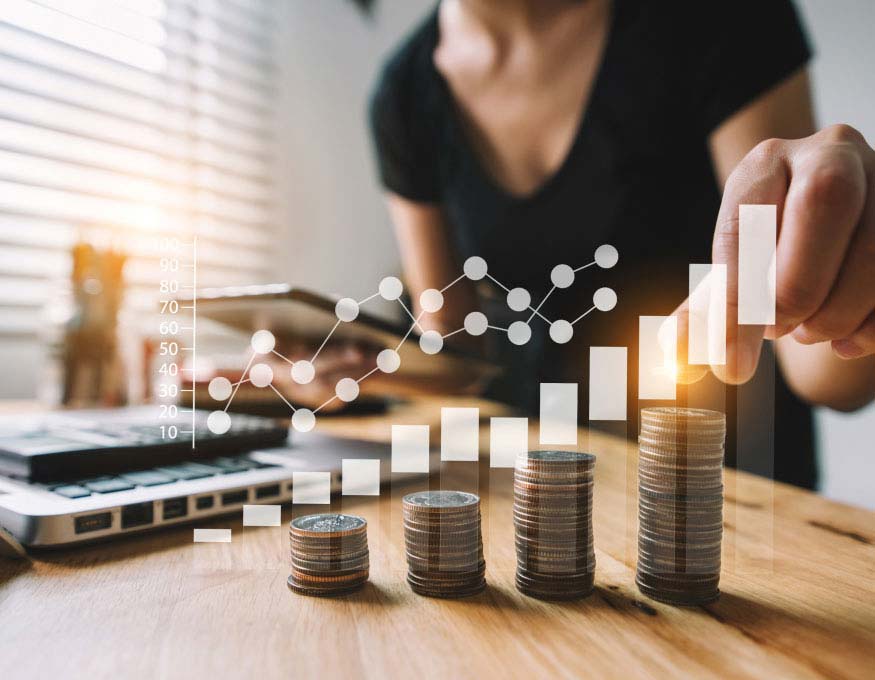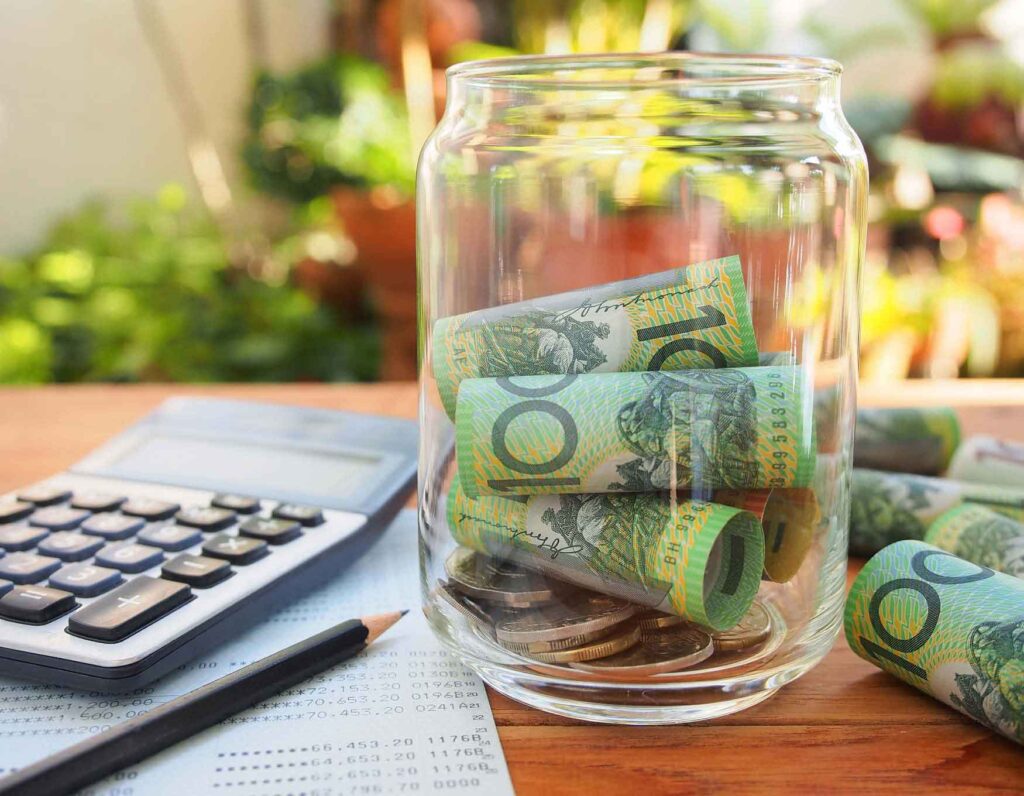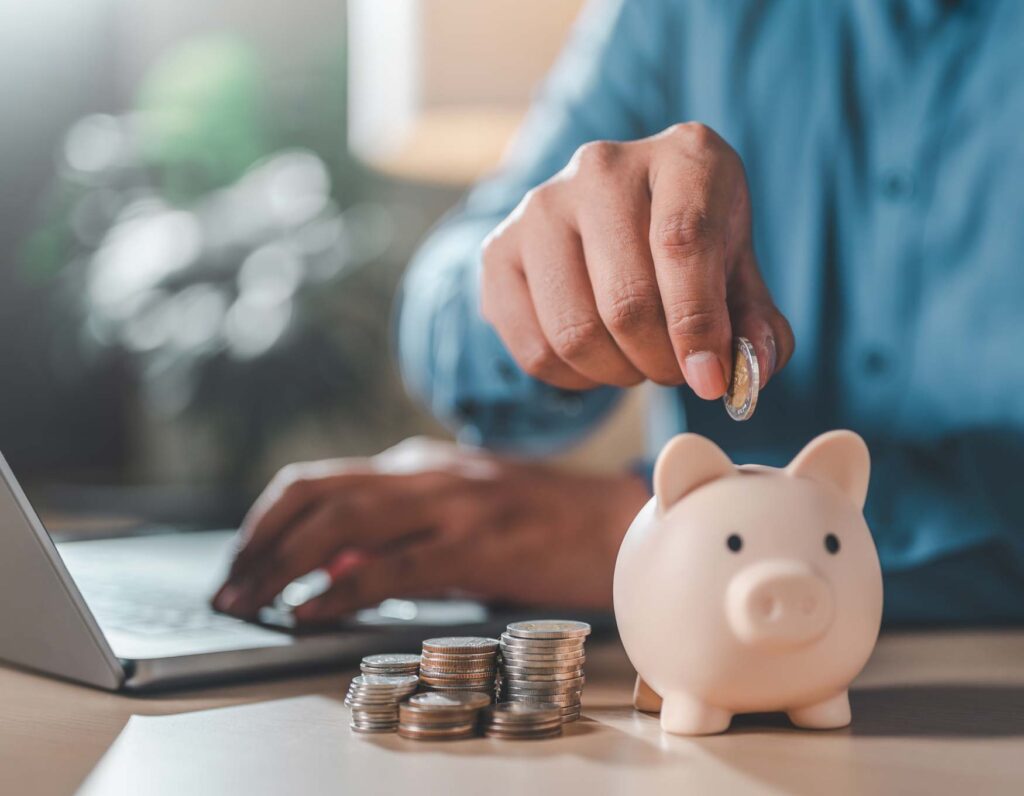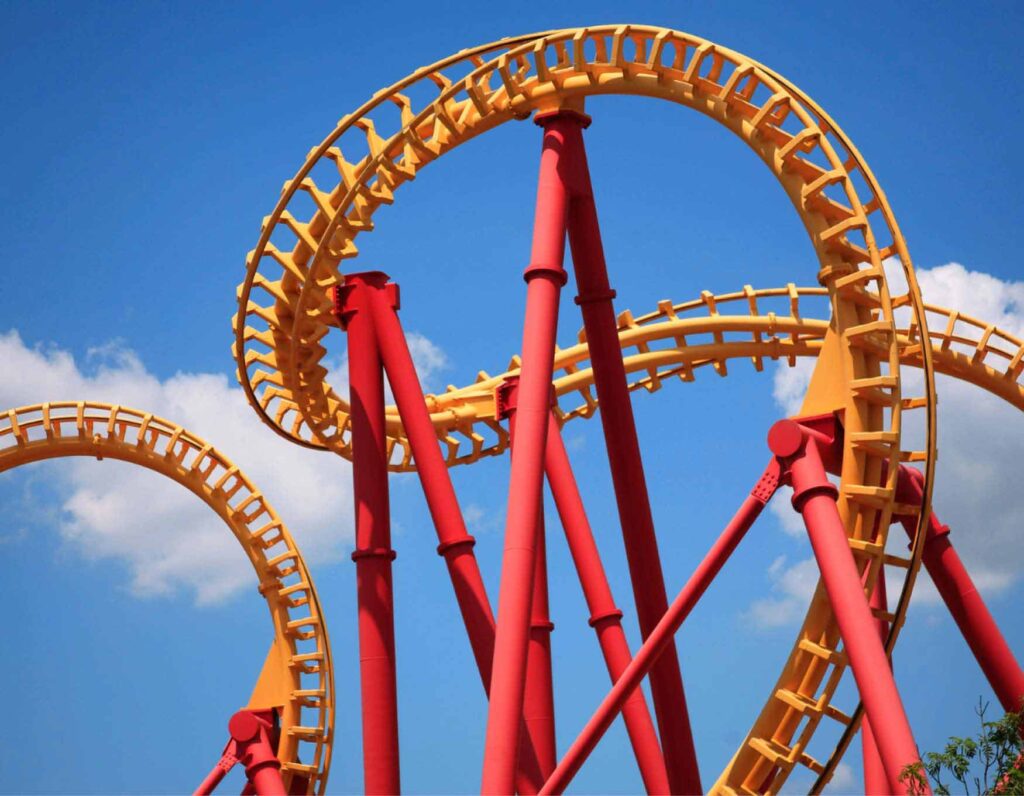Scan this article:
Do you put money in a savings account or term deposit? If so, you’re an investor.
You might not think of this as investing, because the return is guaranteed (aside from the incredibly unlikely event the bank collapses and you’re not protected by the Financial Claims Scheme). But it is investing, because you’re handing over money to earn a return – i.e. the interest paid by the bank.
Investing in shares or ETFs (exchange-traded funds) is a different version of the same theme:
- You hand over money
- Unlike a savings account or term deposit, the return is not guaranteed
- But you have the potential to earn a higher return
So if you’re weighing up whether to invest your money in a savings account or the share market, you’re basically choosing between these two options:
- Savings account = no risk but lower return
- Share market = higher risk but potentially higher return
There’s a relationship between risk and return
At this point, you might be wondering: how much riskier is investing in shares? And how much higher might my returns be?
Well, there’s a relationship between those two things, risk and return.
Investing in the share market would be very risky if you invested a significant amount of money in just one company. If the company collapsed, you’d lose 100% of your investment. Conversely, if the company was wildly successful, your investment might increase in value by 100% or 500% or 1000% or more (theoretically, there’s no limit to a share’s potential upside).
Investing in the share market would be significantly less risky if you invested in an ETF with holdings in a large and diverse group of companies. For example, you could invest in an ETF tracking 300 of the largest companies listed on the Australian Securities Exchange or an ETF tracking 500 of the largest companies listed on US exchanges. In that scenario, you’d be putting your eggs in many baskets. That would mean there would be a much lower chance of you losing money and a much lower chance of you enjoying spectacular returns.
Shares v cash
Investing in a broad-based ETF can deliver impressive long-term returns, as the 2020 Vanguard Index Chart illustrates:
- 8.9% p.a. for a fund tracking the Australian stock market
- 10.3% p.a. for a fund tracking US markets
However, if you’d invested in ‘cash’ (which includes savings accounts and term deposits), you would’ve earned just 5.1% p.a.
While past performance is no guarantee of future performance, the Vanguard chart shows the potential returns you might enjoy if you invest in the share market over the long-term.
Do your research and seek professional advice before you invest your money, because a strategy that suits one person might not be suitable for you.

Become a part of
our investor community
Why you should join us:
- Join free and invest with no monthly account fees.
- Fund your account in real time with PayID.
- Get investing with brokerage from $2. Other fees may apply for U.S. shares.
Read our latest articles
Make knowledge your superpower and up your skills and know-how with our news, educational tools and resources.


